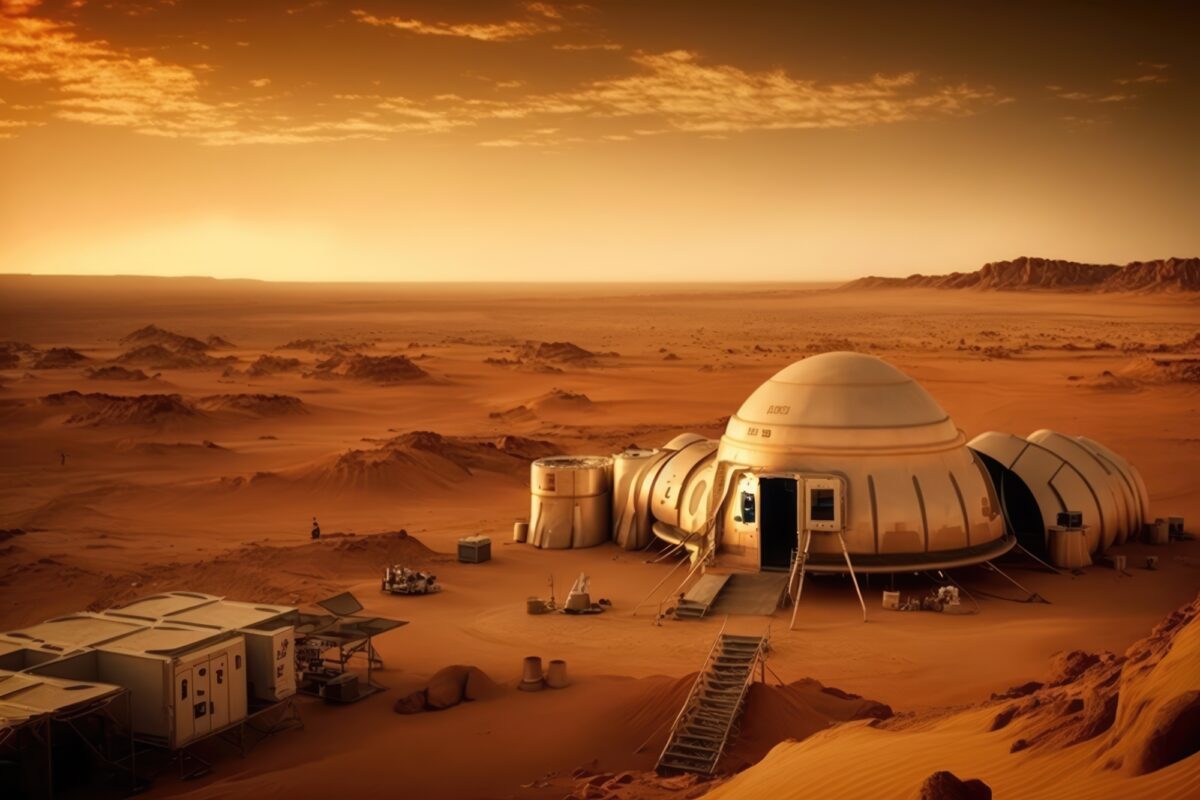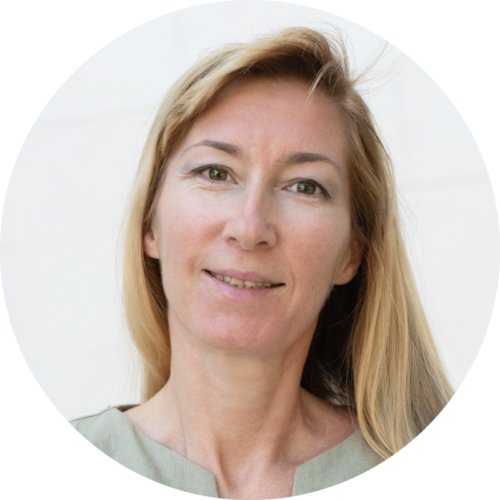

At the University of Edinburgh’s UK Centre for Astrobiology, a diverse group of scientists and researchers are planning ahead for both terrestrial and extraterrestrial futures.
Improving the quality of life on our planet and advancing the human future beyond Earth may sound like conflicting objectives, but the discoveries and technologies that support sustainable space exploration can also help solve key environmental issues here on Earth.
These mutually enhancing objectives are core aims of the Centre for Astrobiology (UKCA), an interdisciplinary research centre at the University of Edinburgh that combines expertise in microbiology, paleobiology, planetary physics and planetary chemistry, space engineering and missions, space policy and philosophy. The UKCA is at the leading edge, having led and launched the first demonstrations of biomining in space in support of future human space settlement.
Biomining as a sustainable mining solution
Bio-mining uses microorganisms to extract valuable metals such as copper, gold and nickel from crude minerals and mine waste. This method reduces the need for hazardous chemicals like cyanide and sulphuric acid that are typically used in conventional mining practices.
By utilising low-grade ores and mine waste, biomining can make previously uneconomical sources of metals viable, while also helping to reduce mining waste. Space offers new opportunities for biomining, for example from space rocks and asteroids, which can yield Rare Earth Elements (REEs), and these opportunities have been seized by researchers at the UKCA.
New frontiers, on Earth and beyond
Professor Charles Cockell is the UKCA’s Founder and Co-Director, and his research focuses on advancing the human future beyond the Earth, primarily through microbiology. Professor Cockell’s research group has led and launched its own experiments in space to select for, and isolate, novel microorganisms, to understand how the combined stresses of outer space affect life.
Professor Cockell was the Principal Investigator of the European Space Agency BioRock project on the International Space Station to study the biomining of elements from rocks. Eleven years in the planning, BioRock was the first mining experiment performed in space, and involved the development and flight of the first prototype biomining reactor in space.
The pioneering project successfully demonstrated REE and vanadium biomining using microorganisms that could ‘leach’ them from rock, in both microgravity and simulated Martian gravity. Professor Cockell’s research group at UKCA also led BioAsteroid, an experiment to study the effects of microgravity on the use of microorganisms to extract platinum group elements from asteroid rock.
With funding from the Science and Technology Facilities Council and the partnership of independent aerospace system engineering company Kayser Italia, Professor Cockell, colleague Dr Rosa Santomartino and the UKCA have made groundbreaking strides towards a sustainable human future in space, as well as opening up new horizons for green mining technologies on Earth.
Opportunities for discovery
The proliferation of independent companies involved in scientific and technological development activities in space opens up myriad opportunities for fruitful industry-academic collaboration. The UKCA offers companies with vision and long-term ambition unique access to its diverse and world-leading expertise and its experimental facilities.
Space is a vast place, but accessing its abundance of minerals and other essential resources is not easy as they are often difficult to obtain, for example by being locked up in rocks. The approaches we use to acquire them in space will be directly applicable to improving methods to acquire them on Earth”.
Professor Charles Cockell, Principal Investigator.